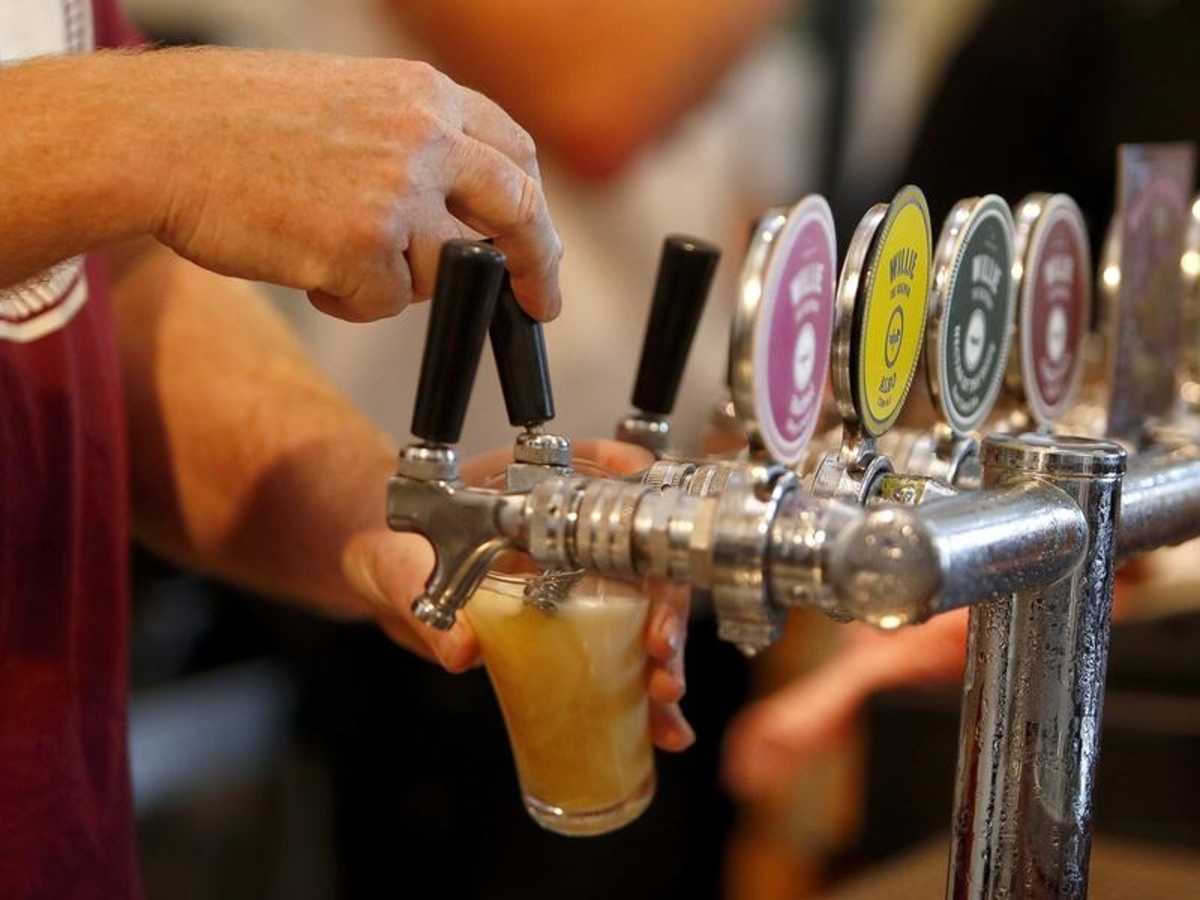
Requests to relax Newcastle's longstanding liquor licensing controls will be considered on a pub-by-pub basis, after a trial resulted in a significant boost to spending on dining and entertainment.
It comes after 14 venues in NSW's steel city had harsh restrictions placed on their liquor licences in 2008, amid concern about surging alcohol-fuelled violence.
The clampdown, which preceded Sydney's lockout laws, included 1am lockouts and bans on shots and became known as "the Newcastle solution".
Ten years later, the city adopted a Newcastle After Dark strategy as it worked to revitalise the city's nightlife.
The review came after a request from the Australian Hotels Association, on behalf of the city's venues.
During the trial, lockouts of 1am and 1.30am were scrapped, with trading hours for some sites extended to 3.30am, and venues were allowed to again sell high-strength cocktails, shots and neat spirits.
The relaxed conditions resulted in a 40 per cent boost in spending on dining and entertainment across Newcastle compared to before the COVID-19 pandemic.
The majority of venues recorded no increases in assaults or affray, but there was an overall increase in violence.
But there has been a major decrease in the number of offences since the conditions were imposed in 2008.
New liquor licences and changes to restrictions would be considered individually, Independent Liquor and Gaming Authority chair Caroline Lamb said on Thursday.
"Because there were wide variations in levels of alcohol-related offences among the 21 venues in the trial, it's vital that any proposals to relax conditions are considered individually, with a strong focus on compliance, safety and avoiding any unacceptable risks to the community," she said.
Venues have until June 30 to continue the trial, to allow time for them to apply for changes to their liquor licences.
The evaluation report includes feedback from Newcastle venues, residents, noise complaints and data on offences.
Relaxing the licensing conditions boosted the number of patrons in venues, increased turnover and jobs, the report found.







